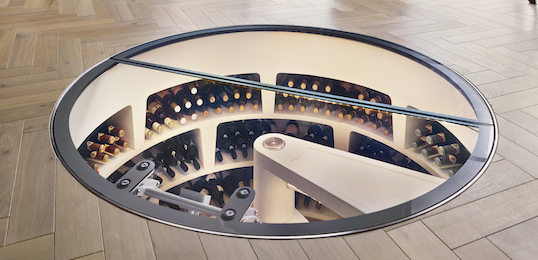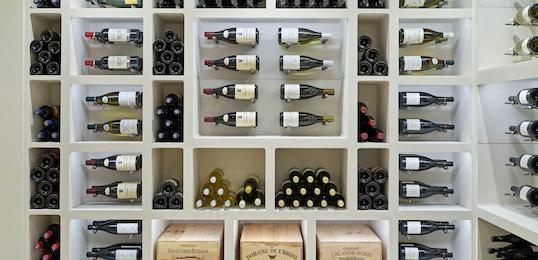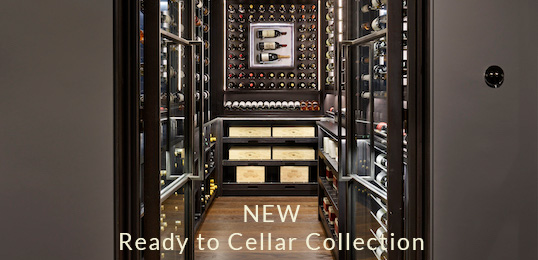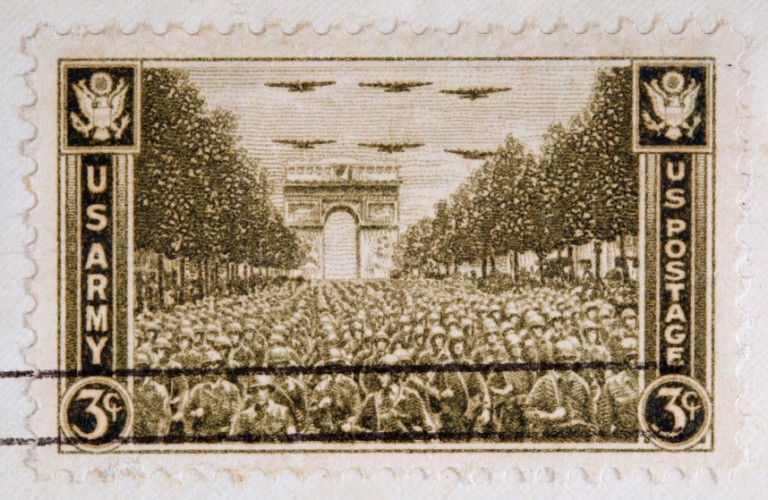In Paris, an unlikely collaboration between restaurateurs and carpet cleaners helped in such intrigue. The carpet cleaners would save the dust from the rugs they cleaned, and deliver it in secret to the restaurants. There, it would be liberally sprinkled over bottles of young and inexpensive wine, to make them look like well-aged and desirable vintages.
As the war went on, more and more vintners turned to the Resistance, often driven by petty acts by the German officers in their area. In at least one instance, a German officer requisitioning wine for industrial alcohol poured a glass of heating oil into each barrel, making it unfit for consumption to ensure delivery. The oil contaminated the prized aged casks – and swung the winegrowers of the area into active resistance against their occupiers, risking not only jail but execution.
As well as disguising inferior blends as the top quality produce requested by the Germans, vintners of the Resistance would tap into shipments in transit, siphoning the wine out of the barrels and replacing it with water. Wine barrels were used to smuggle Resistance operatives in and out of the Occupied Zone, whilst cellars held stores of Resistance weaponry.
Orders placed by the Germans could be very revealing, something the Resistance discovered early on in the war. A large order was placed for wine to be shipped to Romania in 1940 – where only a small German mission was supposed to be at the time. A few days later, Romania was invaded by the German army. Thus, when a large order was made in 1941, with a request for it to be specially packed for “a very hot country”, it gave clues about Rommel’s Egyptian campaign, which was relayed to British intelligence.






